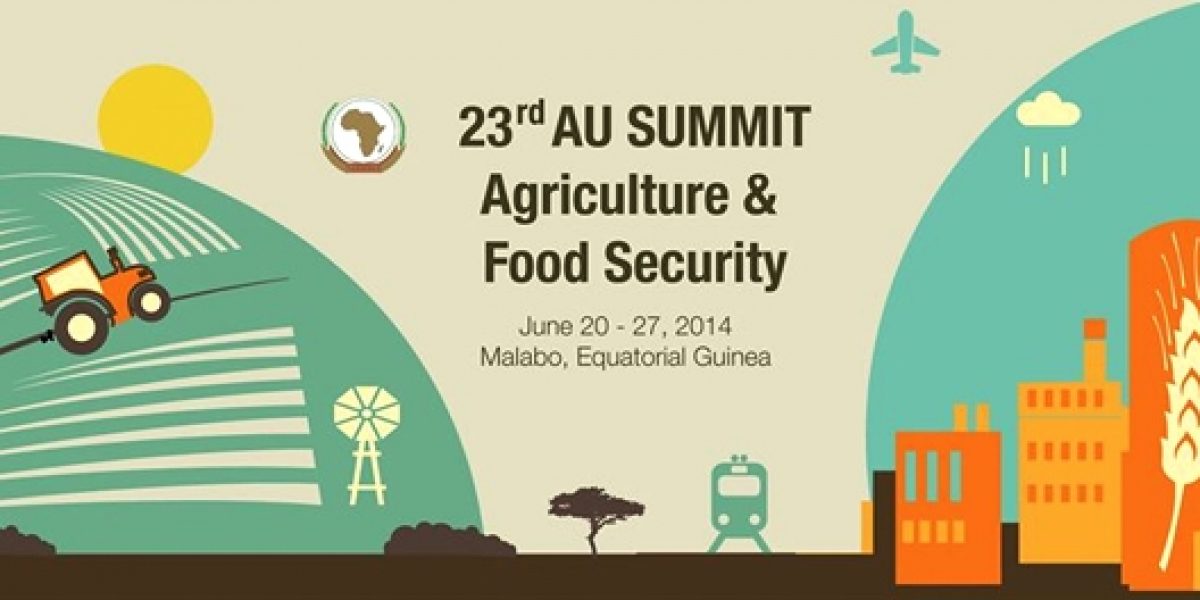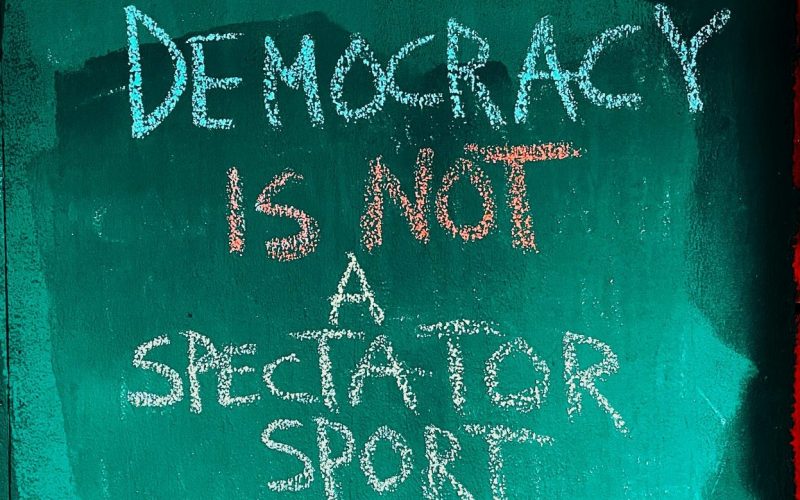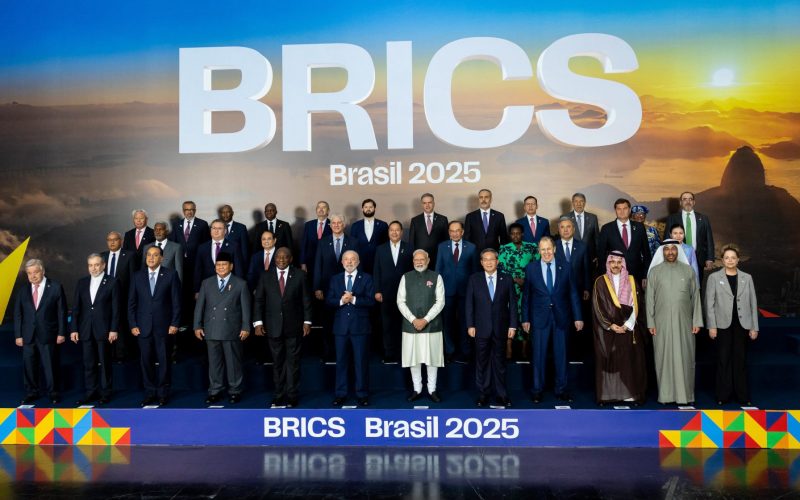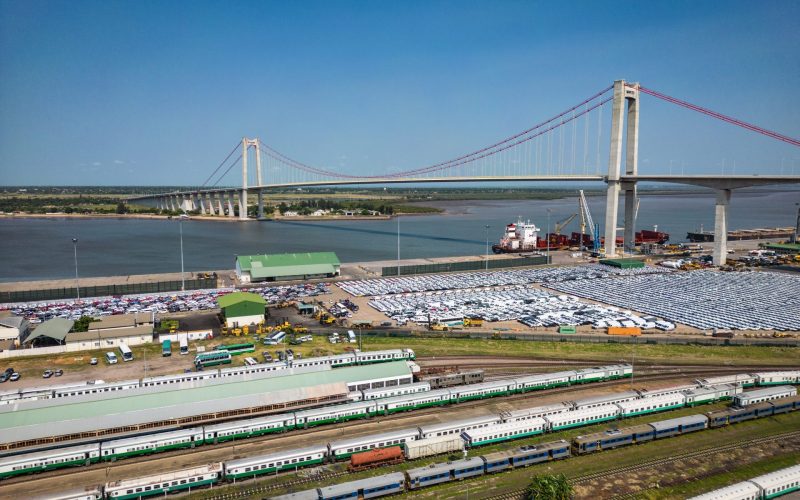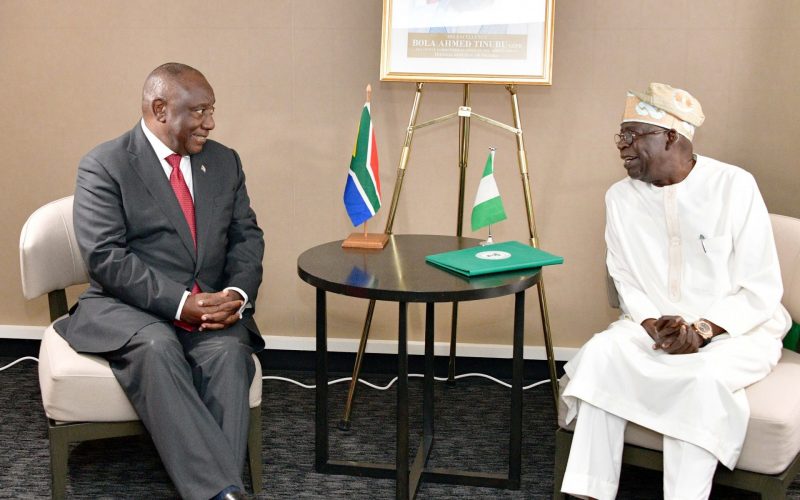After all, the last Assembly of the Union in January 2014 delivered 27 decisions and declarations, covering a diverse range of issues ranging from the solemn, the ‘Decision on the naming of the Large Conference Hall of the African Union Conference Complex’ to the more urgent ‘Decision on the report of the Peace and Security Council on its Activities and the State of Peace and Security in Africa’. Even if the summit theme was Agriculture and Food Security, only the ‘Decision on the Report on the Implementation of Sharm El Sheikh Commitments on Accelerating Water and Sanitation Goals in Africa’, was narrowly aligned to the summit theme.
It does suggest that summit themes carry merely symbolic value because they are hardly accompanied by an intensive agenda and sessions that seek to deal with the subject in a detailed manner.
While this ought to be a concern for AU policy-makers and implementers in the short- to medium term, the nature of the AU political decision-making system makes structured discussions around summit themes almost impossible. In the absence of urgent issue-based summits if and when crises erupt between the two annual summits, the agenda of the African Union will remain congested and the Assembly will be forced to deal with pressing security issues. The summit themes simply serve to validate the importance of the topics, without necessarily interrogating them in detail.
On the road to Malabo, three key issues deserve attention. These will have significant consequences for the state of the African Union and its ability to resolve crises, including the AU’s capacities to implement a credible integration agenda.. How the continent through its political and administrative infrastructure deals with these could potentially provide practical expression to the motto of ‘African solutions to African problems’.
First, the degree and speed with which the AU Commission can drive the South Africa-sponsored African Capacity for Immediate Response to Crises (ACIRC) will test the commitment of African leaders on the urgency of continent-wide rapid reaction response capacities before the mooted operationalisation of the African Standby Force in 2015. Over the past two years, two French military interventions have stopped Mali and the Central African Republic from total state collapse. The need for these foreign interventions cannot be over-emphasised n the absence of decisive action from key African states to provide immediate rapid reaction capacities within the AU framework.
Second, the United Nations Security Council reform agenda in the African Union seems to have become a routine activity without any pragmatic reconsideration of what is now the dated Ezulwini Consensus. This was borne out by the outcome of the Committee of Ten meeting in May 2014 in Congo-Brazzaville, which merely affirmed the status quo. Reform of the UNSC is stalled, partly as a consequence of the rigid proposals that have emanated from the Ezulwini Consensus. Instead of a dialogue of the converted within the continent, the AU should proactively pursue a middle-ground approach, including seeking coalitions with those who are stalling reform, in particular the Permanent Five veto-wielding countries whose preferences and positions remain elusive. These may require the AU to dilute, what is arguably the most radical of the reform proposals on the question – new veto-wielding permanent members.
Third, with the AU celebrating in 2017 a decade and a half of its existence, there is a need now to open the black box of institutional reform and adaptation. Moreover, this reform agenda is necessary in light of the adoption of Agenda 2063 at the summit as initially anticipated. Part of the debate that should start to take place is whether the AU is institutionally well designed to serve as the premier oversight body if other continental institutions, including the African Development Bank and the 8 Regional Economic Communities. In terms of the current institutional set-up, the AU is state-centric. While it accepts RECs as important building blocks in continental integration, there is no high-level formal institutional engagement with the Commission or the Assembly. The time is arguably right for regular, institutionalised, high-level structured engagement with the heads of the RECs and senior officials within the framework of the Assembly and the Commission.
The African Union has set itself far-reaching ambitions in Agenda 2063. However, making integration work in line with those ambitions will demand stronger and empowered regional and continental institutions. After a decade of its existence, a reform agenda is crucial in order to reflect on how the process of integration can be taken forward with the urgency it deserves.

